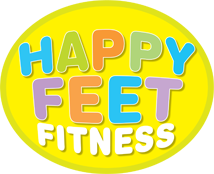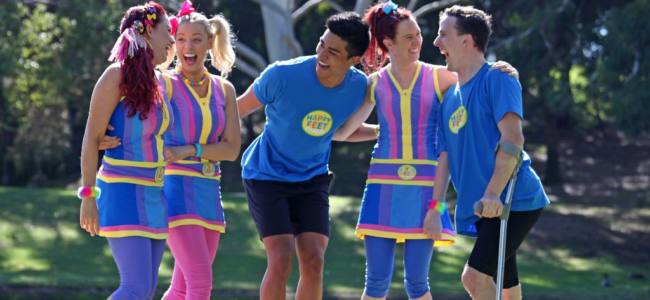Socialising for the Soul
“Me me me me me me!” – Toddlers and preschoolers everywhere!
Every parent knows how their little ones can be a little… self-centred. To say the least.
At such a young age, children haven’t yet developed a sense for ‘others’ that adults have. They’re pretty inexperienced when it comes to sharing, empathizing, boundary-setting, problem-solving and conflict-resolution. These are the core skills we learn by socialising.
One of the primary focus points of the Early Years Learning Framework is assisting children to develop ‘secure, respectful and reciprocal’ relationships. At Happy Feet, our programs are closely aligned to EYLF outcomes – so any little learner at Happy Feet is learning social skills along the way!
But what exactly are the outcomes of socialisation in an early-years context? We conducted a deep-dive to find out:
Self-awareness
Early friendships build social competence, altruism and self-esteem. They’re also fundamental for our sense of self – because it’s only by learning about others that we can learn to distinguish who we are! Building healthy friendships early in life is critical for building healthy relationships well into adult life. Parents might find it hard to resist interfering and ‘smoothing’ occasionally tumultuous childhood social interactions, but by letting the little ones sort themselves out we allow them to learn important conflict resolution skills.
Language
The building blocks of language begin at home – but language can really develop on the playground. As children begin to interact, they gain access to a broader verbal vocabulary, but they also pick up important nonverbal cues like body language, gestures and facial expressions. These social cues will prove critical for maintaining relationships in adult life. Exposure to other children’s thoughts, feelings, circumstances and emotions will also quickly develop their understanding of empathy.
Sharing
Socialising means children are given the opportunity to learn to share. And it’s not just the physical sharing of toys – it’s taking turns to speak, taking turns to play a particular role in a game and taking turns to play the leader. Sharing is so intrinsic to adult relationships and workplaces, we often forget we do it at all. A board required sharing speaking time. A task requires a shared workload. A collaborative project requires shared input. Early socialisation is where we learn those fundamental soft skills.
Empathy
Exposure to a diverse range of people is incredibly valuable for young children. Socialising with groups that are often not adequately represented in media and popular culture can build empathy and most importantly, comprehension that everybody’s circumstances are different. Going to school and daycare can give kids early exposure to people with disabilities, people who have migrated to Australia and people of different faiths. This will foster a strong sense of inclusion in little learners.
Happy Feet @ Home
Happy Feet @ Home is our online learning platform where you can subscribe to our classes on any device. They take the concept of play-based learning to another level, sparking children’s imagination and creativity in a super fun and exciting format.
Each week Happy Feet @ Home delivers a new themed class so that your child will enjoy exploring new adventures.
Now more than ever, we’re focusing on social interaction in our classes to ensure your little ones are developing fundamental socialisation skills while they’re unable to play with their friends.
If you’d like to enrol your child in a Happy Feet program or find out more about our commitment to a healthy early years socialisation, please get in touch via our website or email info@happyfeetfitness.com.au!




